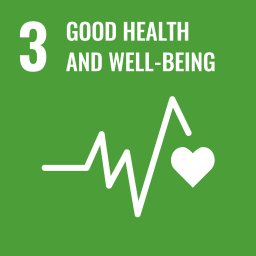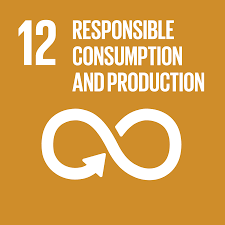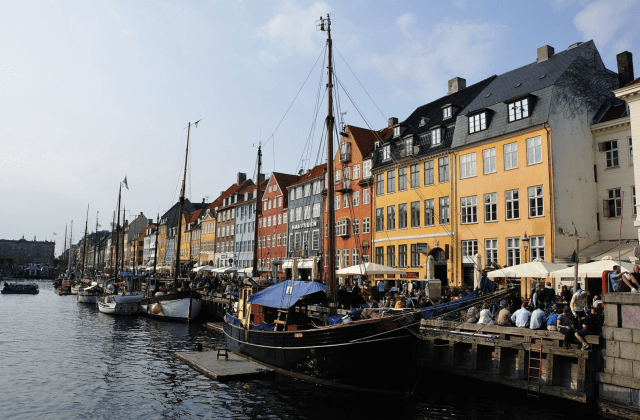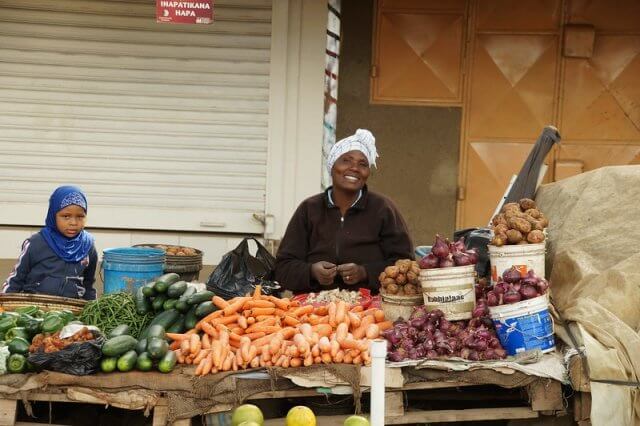The action and its aims
The overarching objective of the project, Écouveulla, is to incorporate and acknowledge environmental criteria in the sourcing and preparation of school meals, before renewing the call for tenders, thus making the children’s meals healthier. The aim is to implement a nutritious school canteen menu which promoted healthy eating habits, including reducing the consumption of red meat and heavily processed meals. Instead, the focus is on incorporating vegetables and pulses, and minimising the use of foods high in salt and sugar. The goal is to offer a diverse range of sustainably sourced meals that are inclusive and cater to the dietary and religious needs of all students.
When it was introduced
This project was introduced in 2021.
Why it was needed
The school menu in Aosta heavily featured red and white meat, with only limited inclusion of legumes and vegetables, favouring processed foods detrimental to both youth health and the environment. A study by the independent observatory FoodInsider regarding the quality of school canteens in Italy place Aosta in 42nd place, which instigated the project to improve the health of the children.
Who initiated it, who is involved
The project, Écouveulla, was initiated by the City of Aosta with the support of the University of Valle d’Aosta. It is part of an educational programme that incorporates the importance of a sustainable culture within food. Teachers and canteen staff are provided training and parents are included as they have a crucial role in teaching children healthy behaviour.
Impacts to date
After implementing the Ecouveulla programme, meat consumption in their school menus saw a remarkable 70% reduction. According to a 2022 survey, the city of Aosta has significantly improved its ranking in provision of healthy school meals, moving from a 42nd place to an impressive 14th place in 2022. An important improvement was the creation of specialised diets to include children with a coeliac diet and 140 children with religious dietary needs were accommodated.






